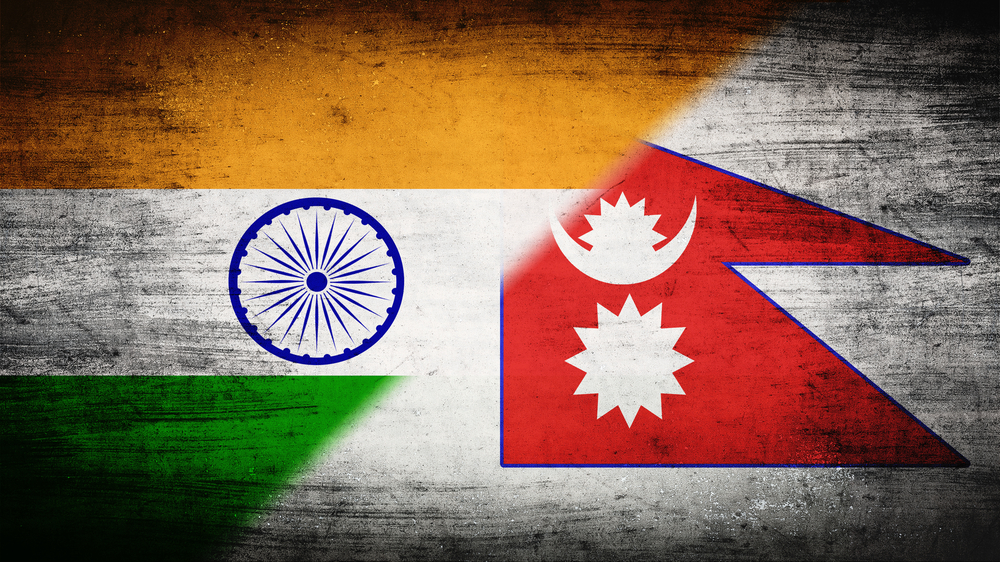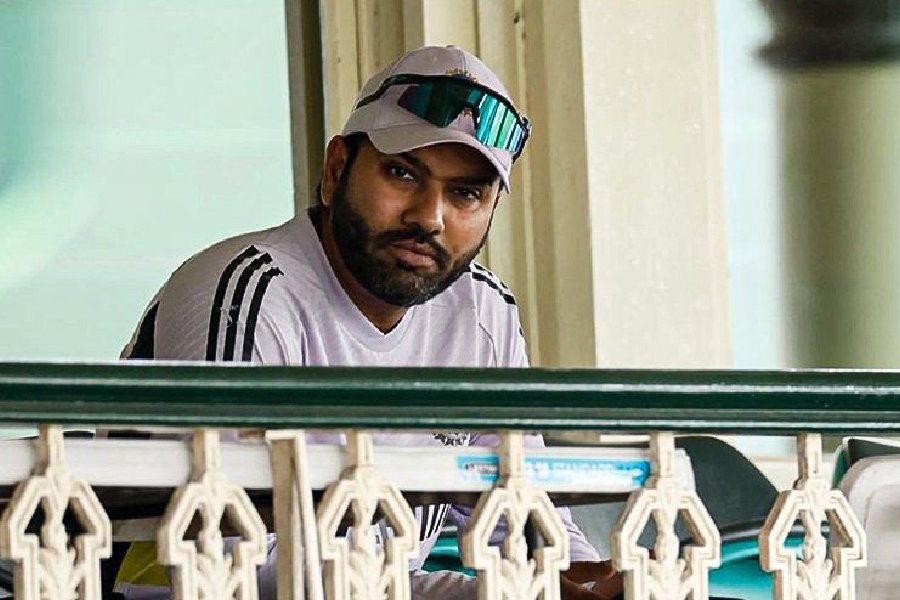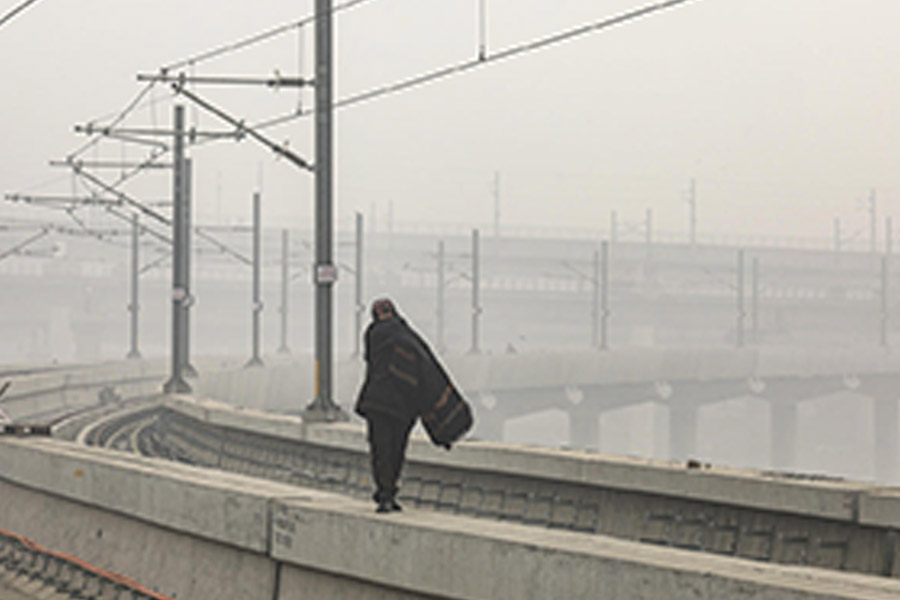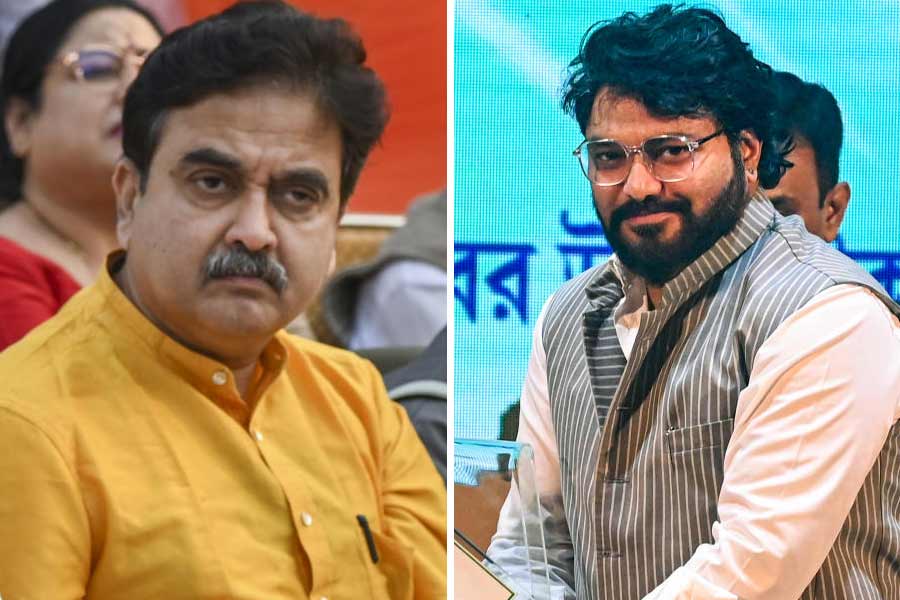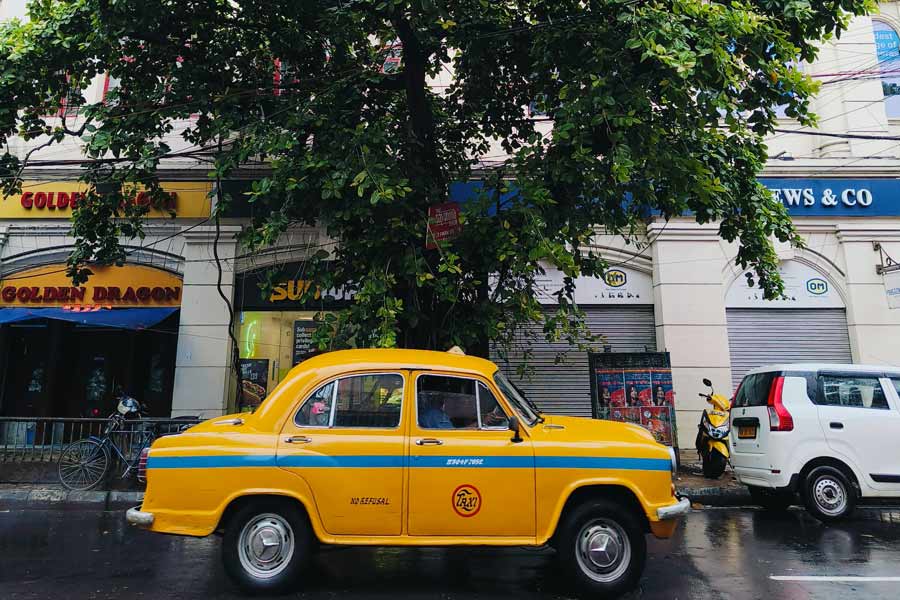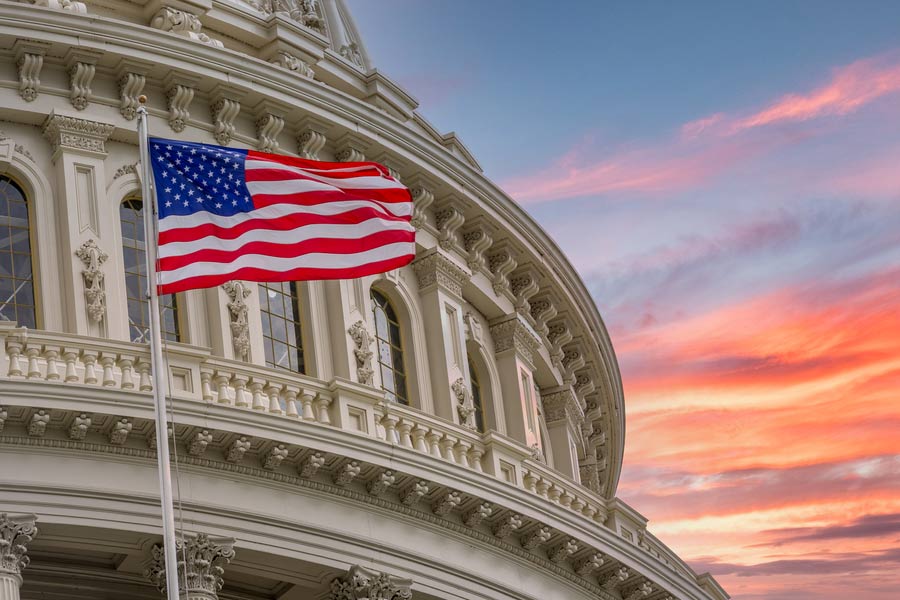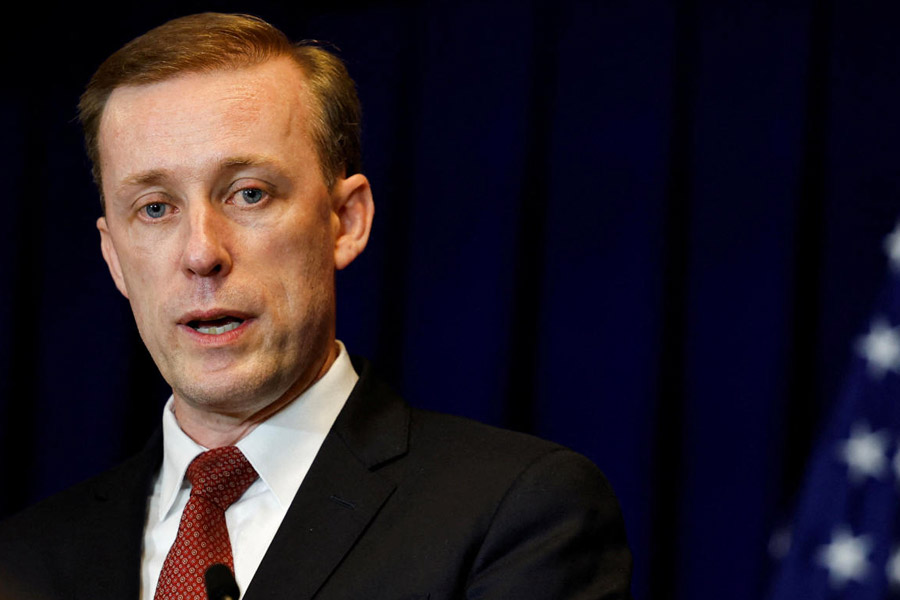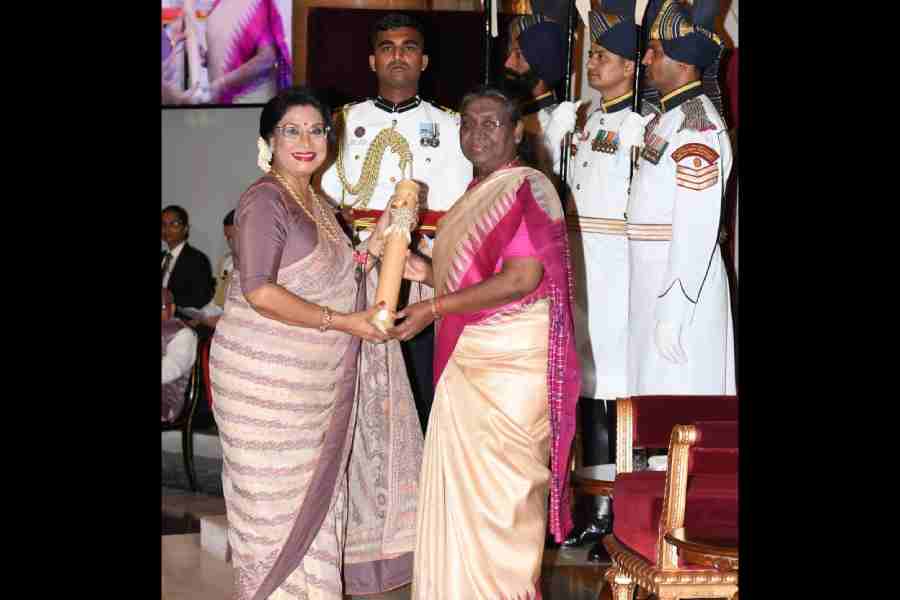There are rumblings on India’s borders, even as a virus rages within the country. Tensions, it is being reported, have flared up between the armies of India and China in Ladakh, with both nations bringing in reinforcements near such areas as Pangong Tso Lake and Demchok. The hostilities, expectedly, have been sparked by a dispute over boundaries. Conflicting interpretations of borderlines have frayed tempers in Kathmandu and New Delhi as well. Things have been simmering for a while. Last November, Nepal had objected to India’s decision to include Kalapani in a new map that was drawn to factor in the reorganization of the status of Jammu and Kashmir. Sparks flew, once again, after New Delhi unveiled a road to Kailash Mansarovar via Lipulekh. Nepal, one of India’s oldest regional allies, retaliated by issuing a map of its own that included disputed territories. New Delhi, riled by the attempt by Nepal’s prime minister, K.P. Sharma Oli, to link the Covid-19 spike in his country with India, has now declared that Kathmandu’s “artificial enlargement of territorial claims” would not be accepted. Things may not be quiet for a while if the heated rhetorical exchange is any indication.
It is possible that domestic political compulsions are forcing Mr Oli to keep the pot on the boil. There is speculation that his grip on the hot seat is not quite secure. Deflecting public attention from a deteriorating health crisis and the pulls and pressures of coalition politics requires Mr Oli to play the nationalist card; he has done that by painting India in a poor light. Cooling the tempers would require quiet diplomacy on both sides. But India’s foreign policy establishment, prodded on by the ruling Bharatiya Janata Party, seems to be quite willing to engage in sabre-rattling. Nepal had requested not one but two dates for a meeting of the boundary mechanism; New Delhi chose not to respond. Matters escalated further with India’s army chief — is the line between defence and diplomacy no longer impregnable? — insinuating that Kathmandu had protested at the behest of a giant neighbour. The creases on the Indo-Nepal Treaty of Peace and Friendship remain a source of bilateral mistrust. India, allegedly the haughtier of the two partners, should ignore Nepal at its own peril. A friendly Kathmandu is an asset to New Delhi’s strategic and defence imperatives. Hubris seems to have taken a toll on India’s ties with Sri Lanka, Bhutan and now Nepal, raising the prospect of New Delhi losing its traditional allies to Beijing. If New Delhi were to go back to the textbook of diplomacy, it would discover that a bully is seldom viewed as a bro

